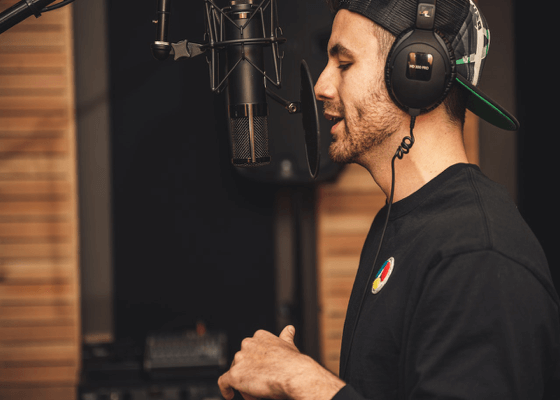Case Study: Six-Figures Flipping Reservations
 Looking for your next business idea? Keep in mind that wherever there is demand, there is profit to be made. And now that even extends to restaurant reservations.
Looking for your next business idea? Keep in mind that wherever there is demand, there is profit to be made. And now that even extends to restaurant reservations.
Landing a reservation at a coveted restaurant can feel like winning the lottery. But what if you could skip the waitlist and secure a prime spot – for a price? Enter the world of restaurant reservation flipping, a burgeoning side hustle that’s both lucrative and controversial.
This case study explores the story of Alex Eisler, a Brown University student who’s turned reservation flipping into a six-figure business. We’ll delve into his methods, the rise of reservation-selling platforms, and the backlash this practice is generating from restaurants themselves.
Alex Eisler: The $105,000 Reservation Flipper
Since November 2022, Eisler, a computer science and applied math student, has raked in a staggering $105,000 by leveraging Appointment Trader, an online marketplace for buying and selling restaurant reservations through an auction system.
Eisler, a self-proclaimed foodie, stumbled upon the platform while trying to snag a table at a popular NYC steakhouse. Recognizing an opportunity, he started buying reservations through various channels, including popular reservation platform Resy and by directly contacting restaurants. He then attempted to resell them on Appointment Trader.
Scaling with Automation
Faced with mixed success, Eisler, true to his tech background, decided to automate the process. He developed a bot to streamline reservation acquisition, allowing him to scale his side hustle significantly.
His efforts paid off. Eisler’s most expensive flip was a $1,358 Omakase reservation in Boston, and he’s also secured hefty sums for coveted spots at trendy New York City restaurants like Maison Close and Carbone.
A Growing Industry
Eisler’s story isn’t unique. Appointment Trader represents just one platform in a burgeoning reservation-selling ecosystem. Members-only platform Dorsia takes a different approach, partnering with top restaurants to offer reservations in exchange for guaranteed minimum spends.
These platforms capitalize on the increasing difficulty of securing reservations at popular restaurants, fueled by the rise of reservation apps like Resy.
These apps, with their gamified reservation systems, have inadvertently created a playing field where tech-savvy individuals can exploit loopholes and snag prime spots using bots.
Restaurants Fight Back
This trend doesn’t sit well with everyone. Restaurants are starting to push back against the rise of reservation scalping. They argue that bots and resellers not only prevent them from collecting valuable customer data but also hurt their bottom line through no-shows arising from fraudulent reservations.
Renowned chefs like Eric Ripert of Le Bernardin have spoken out against the practice, highlighting the negative impact on their business operations.
Restaurants are taking action, with platforms like Resy and Tock implementing measures to crack down on bots and fraudulent accounts.
I mean really, can you blame them?
If you want to get into this niche, it could be wise to start sooner rather than later.
Conclusion: A Lucrative but Uncertain Future
The world of restaurant reservation flipping presents a fascinating case study in supply and demand. If people are willing to pay a premium for something that can be gained for free, you might have an extremely lucrative business model.
While Eisler’s story demonstrates the potential for significant profits, the industry’s future remains uncertain. As restaurants fight back and platforms implement stricter measures, the days of easy reservation flipping might be numbered.






















